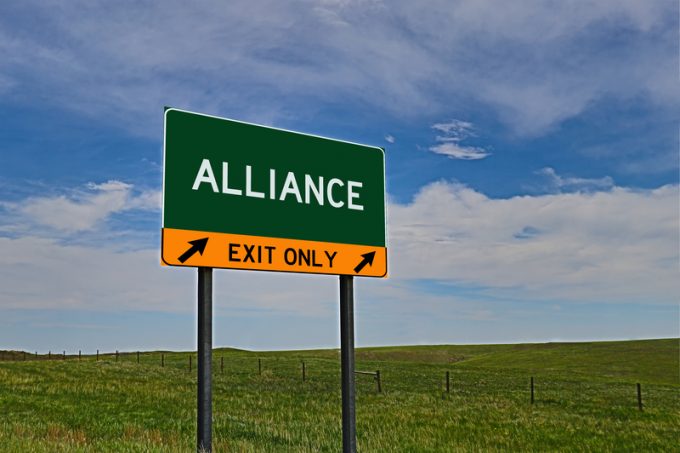Shippers urge EC and other regulators to take charge of 'skewed' liner market
Regulators must start to take an interest in the “unfair” container line market, according to ...

There is an interesting piece on LinkedIn, questioning why the EC decided to extend the liner shipping block exemption for another four years. The writer, Pablo Rodas-Martini, takes “devastating” excerpts from the study done by the International Transport Forum (ITF) and the OECD titled The Impact of Alliances in Container Shipping.
The paragraphs he highlights are unequivocally damning about alliances, and (when read in isolation), they do indeed make one “puzzled” about the EC’s decision. And he calls for readers to show ...
Keep our news independent, by supporting The Loadstar
Red Sea crisis has driven most new capacity into extended Asia-Europe trades
Rapid transpacific capacity build-up continues – can USWC ports handle it?
Crew forced to abandon ship in latest fire on vessel carrying EVs
The Loadstar Podcast | Transport Logistic and Air Cargo Europe 2025
Carriers on the hunt for open tonnage again as transpacific rates soar
'Now or never' for Kuehne and DHL GF to hit back at DSV
Uncertainty drives Yang Ming fleet boost as focus switches to Asia-Europe trades
Carrier price hikes hold, driving spot rates higher as space gets scarcer
Asia-West Africa ULCV deployment opens new markets for carriers
Project cargo: oversized and heavy, posing risks outside the norm for ports
CMA CGM eyeing multi-billion euro investment programme in Algeria
News in Brief Podcast | Week 22 | Trump’s tariff hurdle, ocean schedule reliability, and rate rise
Turkish Airlines falls foul of air safety regulations, claims India's aviation authority
Air cargo players still wary of long-term block space deals – 'a risk on both sides'
Geely splashes out to meet growing demand by chartering its own car-carrier

Comment on this article
Gary Ferrulli
November 22, 2019 at 4:00 pmThe EC exemption may be puzzling to some, but if you want services to lessen,
expire the exemption in 2020. How many carriers could, on their own, service the major East-West Trades? How many have the vessel capacity, on their own, to provide services between Asia and Europe? So what happens when four or five “carriers” of today in those markets no longer service those markets due to the lack of the capacity, and the right capacity, to service the trade? Will things be better or worse? Certainly fewer carriers to deal with won’t be an advantage to shippers. And even those with the vessels to service the trade will have less capacity, some of the partners will no longer provide some of the vessels they used for capacity. Will that encourage those left to build more ships? Why, to continue to reduce rates and give away profits as they have for the last 10 years? The saying be careful what you wish for is one that fits this situation.